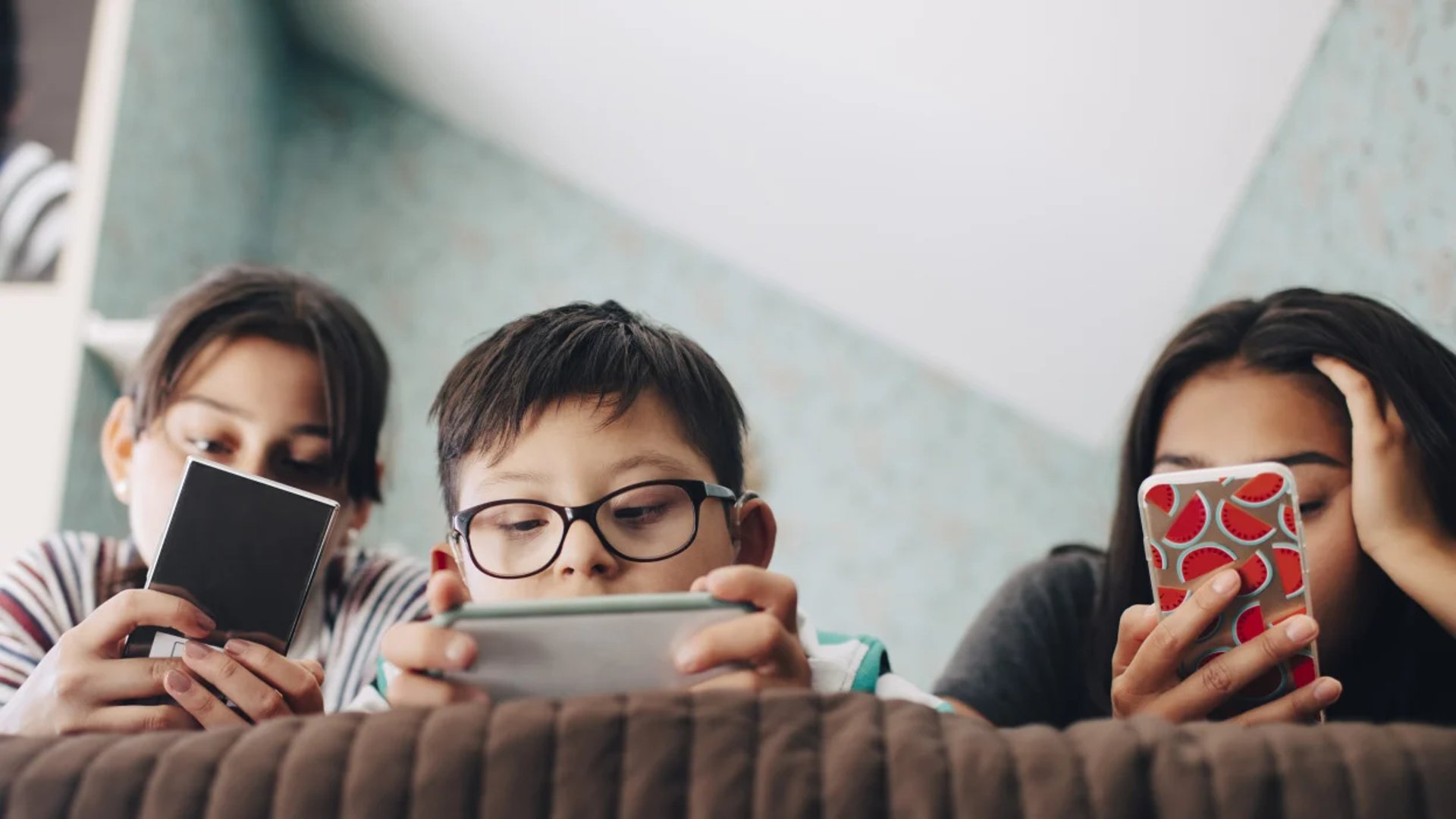
The Hidden Consequences of Smartphone Use During Study Time: A Guide for Parents
In a world where smartphones reign supreme, students often find themselves battling distractions that hinder their academic success. Discover the hidden effects of mobile use during study time and learn how parents can guide their children toward healthier habits!
SUGGESTIONS
Swagato & Priyanka
8/22/20243 min read


In a world where smartphones reign supreme, students often find themselves battling distractions that hinder their academic success. Discover the hidden effects of mobile use during study time and learn how parents can guide their children toward healthier habits!
The Allure of Smartphones
Imagine a typical study session: a student sits down with their textbooks, ready to tackle the day's assignments. But just as they begin, a notification pings on their smartphone. Curiosity piqued, they check their phone, and before they know it, they've spiraled into a rabbit hole of social media scrolling, gaming, or watching videos. This scenario is all too common, highlighting the inherent distractions that smartphones present.
Research has shown that excessive smartphone use can lead to decreased attention spans, making it difficult for students to concentrate on their studies. The constant barrage of notifications pulls their focus away from academic tasks, resulting in lower grades and a lack of understanding of the material. Furthermore, the blue light emitted by screens can disrupt sleep patterns, leading to fatigue that further hampers academic performance.
The Psychological Impact
Beyond academic concerns, the psychological effects of smartphone addiction are alarming. Studies indicate that heavy smartphone use is linked to increased anxiety, depression, and feelings of isolation among students. The pressure to maintain an online presence and the fear of missing out (FOMO) can exacerbate these feelings, creating a cycle of dependence on the device for social validation.
Moreover, the potential for cyberbullying and exposure to inappropriate content adds another layer of risk. Students may find themselves victims of online harassment, which can severely impact their mental health and self-esteem. The anonymity of the internet often emboldens bullies, making it difficult for victims to seek help or escape the situation.
Strategies for Parents
Recognizing the potential dangers of smartphone use, parents can take proactive steps to help their children develop healthier habits. Here are some effective strategies:
1. Establish Clear Boundaries: Set specific times when smartphone use is allowed and when it should be put away, especially during study hours. Encourage your child to create a designated study space free from distractions.
2. Encourage Alternative Activities: Promote hobbies and activities that do not involve screens, such as reading, sports, or arts and crafts. This helps children develop a well-rounded set of interests and reduces their reliance on smartphones for entertainment.
3. Model Healthy Behavior: Parents should lead by example. Limiting their own smartphone use during family time or while engaging in activities can reinforce the importance of being present and focused.
4. Educate About Risks: Have open discussions with your children about the potential dangers of excessive smartphone use, including the impact on mental health and academic performance. Help them understand the importance of balance and moderation.
5. Use Technology Wisely: If smartphones are used for educational purposes, encourage your child to utilize apps and resources that enhance learning rather than distract from it. Setting up parental controls can also help limit access to non-educational content.
6. Create a Tech-Free Zone: Designate certain areas of the home, such as the dining room or bedrooms, as tech-free zones. This encourages family interaction and allows for a break from screens.
7. Monitor Usage: Utilize apps that track screen time and help manage usage. This can provide insights into how much time is spent on various activities and help identify patterns that may need addressing.
Conclusion
The effects of smartphone usage during study time are profound, influencing not only academic performance but also mental health and social interactions. As smartphones continue to be an integral part of daily life, it is crucial for parents to take an active role in managing their children's usage. By establishing boundaries, encouraging alternative activities, and fostering open communication, parents can help their children navigate the digital landscape more effectively.
In doing so, they not only protect their children's academic success but also promote a healthier, more balanced lifestyle that prioritizes well-being over screen time.
Welcome to our institution, where we provide exceptional education in Science, Mathematics, and Computer Science. Our dedicated faculty and state-of-the-art facilities create an environment conducive to learning and innovation. Join us on an exciting journey of academic excellence and personal growth.
Menu
Contact
Home
© 2025. All rights reserved.

